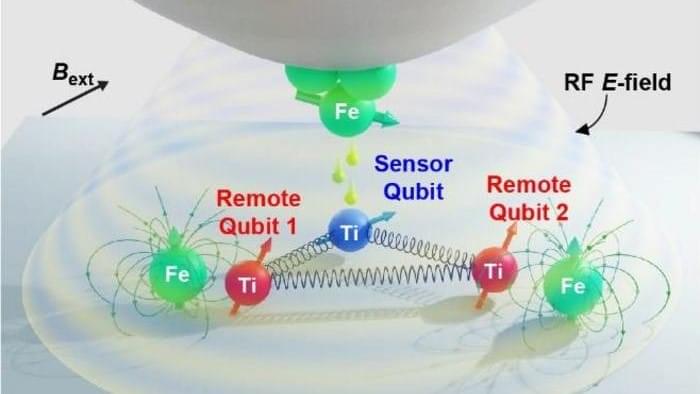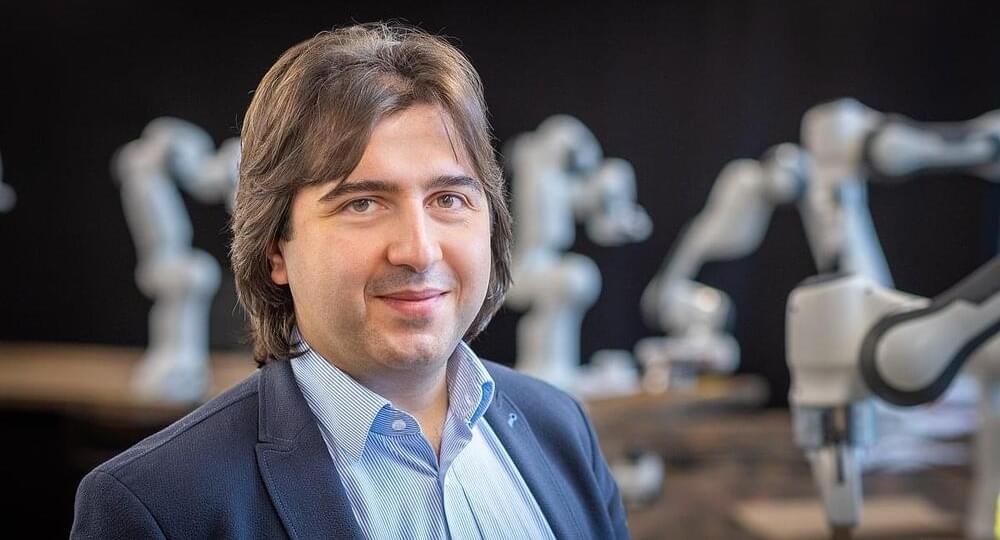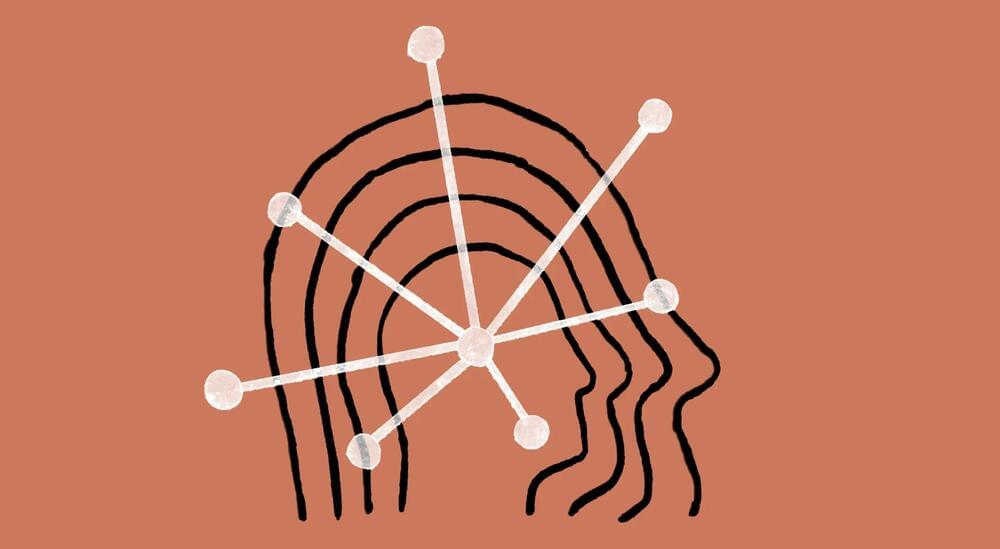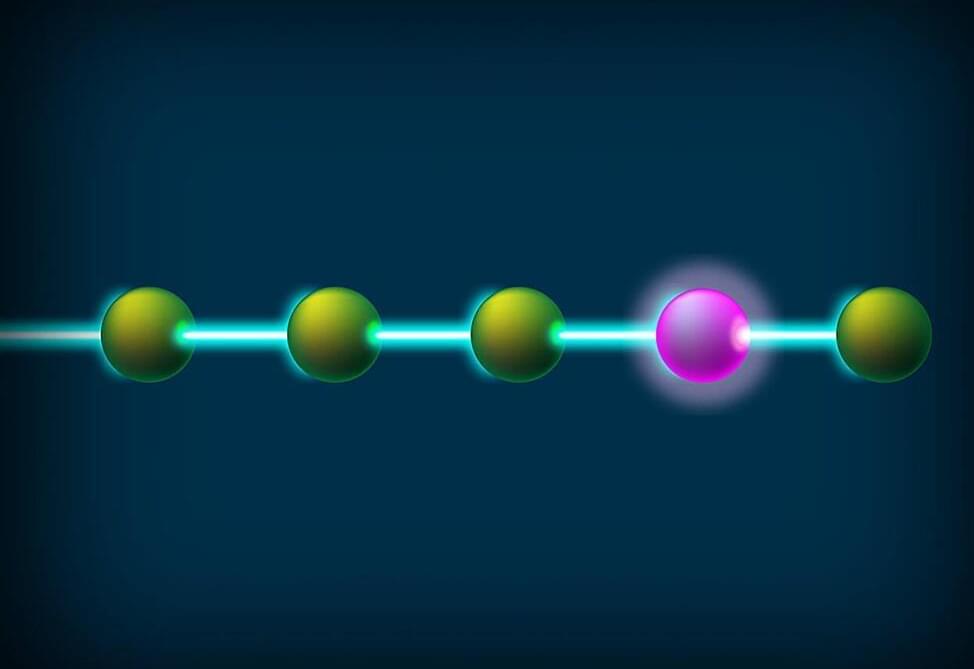In order to comprehend how explosive stellar deaths create the foundation for new star systems, a new sounding rocket mission is being launched into space by NASA. The mission is called the Integral Field Ultraviolet Spectroscopic Experiment, or INFUSE, and it is set to launch from the White Sands Missile Range in New Mexico on Oct. 29, 2023, and head for space to get a closer look at a stellar phenomenon called the Cygnus Loop.
An integral field spectrograph, INFUSE is the first of its kind instrument to be sent into orbit and combines the advantages of spectroscopy and imaging, two approaches to investigating light. It will be researching the Cygnus Loop which is located close to the well-known constellation Cygnus.









